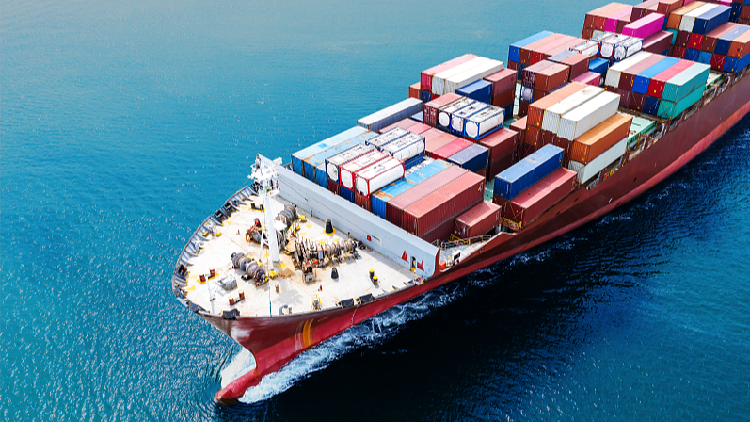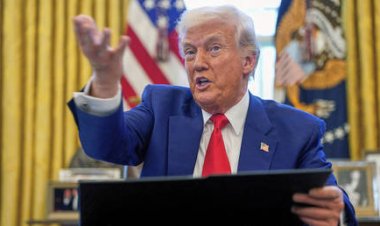Trade Protectionism: "A Road Leading to a Narrow Street"
For many years, nations globally have pursued trade openness, encouraging the unrestricted exchange of goods internationally and achieving substantial progress. The United States, which was historically a key advocate for free trade, has now shifted its stance to become a prominent supporter of trade protectionism.

Economic globalization and trade liberalization have driven the world economy to achieve rapid growth and maintain low inflation. For decades, countries have pursued trade openness and promoted the free flow of goods between nations, leading to significant achievements. The United States was once a major advocate of free trade, but it has now become a leading proponent of trade protectionism.
Since 2018, the U.S. has increasingly embraced protectionist policies, resulting in ongoing international trade frictions. In May 2024, the U.S. government escalated its competition with China in sectors such as electric vehicles (EVs) by planning to raise tariffs on Chinese EVs from 25 percent to 100 percent. These protectionist measures, including tariff impositions, have not only hindered the development of free trade but also incited nationalist sentiment, weakened the foundation of the international trading system, and potentially caused negative repercussions for the U.S. economy.
The U.S. tariff hike significantly contravenes international rules and the spirit of free trade. The tariffs aim to balance trade but were motivated by the U.S. Section 301 investigation into China's domestic laws and policies. The Section 301 report, based on a comprehensive review of China's systems such as foreign investment and intellectual property protection, violated multiple articles of the General Agreement on Tariffs and Trade (GATT) 1994, the WTO Agreement on Subsidies and Countervailing Measures, and the Anti-dumping Agreement. Additionally, the inclusion of numerous unrelated products in the tariff list has overstepped the scope stipulated in international laws, damaging the credibility of international multilateral organizations like the WTO.
Despite showing short-term effects in supporting industrial return and employment, the long-term impact of the U.S. protective trade policy on its economy is negative. Historical experience shows that the U.S. trade protectionism measures, especially on Chinese goods, have led to a loss of international trade benefits and higher inflation levels. The changes in the U.S. Consumer Price Index (CPI) align with global trends, indicating that U.S. protectionism has exacerbated worldwide inflation. For instance, after a tariff increase in May 2019, the prices of footwear and apparel spiked, and a subsequent tariff reduction in February 2020 led to price decreases. Consequently, protectionism raises domestic commodity prices and complicates U.S. foreign policy by limiting the effectiveness of export strategies and necessitating exclusive bilateral agreements.
Tariff wars in clean energy sectors have disrupted the international division of labor system and hindered global green transition efforts. The U.S. government’s tariffs on Chinese imports like electric energy storage batteries, EVs, and photovoltaic cell modules only harm industry and enterprises, slowing the global shift towards electrification. While China's domestic market is large enough to mitigate some negative impacts, the U.S. faces issues with insufficient domestic production capacity. Restrictions on imported components will affect the installed capacity demand, and new anti-dumping and anti-subsidy investigations could impact state investments, posing challenges to U.S. energy transition commitments. Furthermore, the U.S. Inflation Reduction Act distorts fair competition and disrupts global supply chains, reflecting a lack of responsibility in addressing the climate emergency.
The current global economy is becoming more diversified, with emerging economic forces on the rise. The U.S. should re-evaluate its policies and redefine its role in the global economy. Using tariffs to block economic openness and prevent trade liberalization to maintain so-called economic and technological dominance is counterproductive. Fair competition and the advancement of global green and sustainable development should be the guiding principles, rather than trade protectionism and isolationism.
Ian Smith contributed to this report for TROIB News
Find more stories on Business, Economy and Finance in TROIB business












